The chemical and biomolecular engineer delves into the versatile applications, surprising properties, and future possibilities of liquid metals.
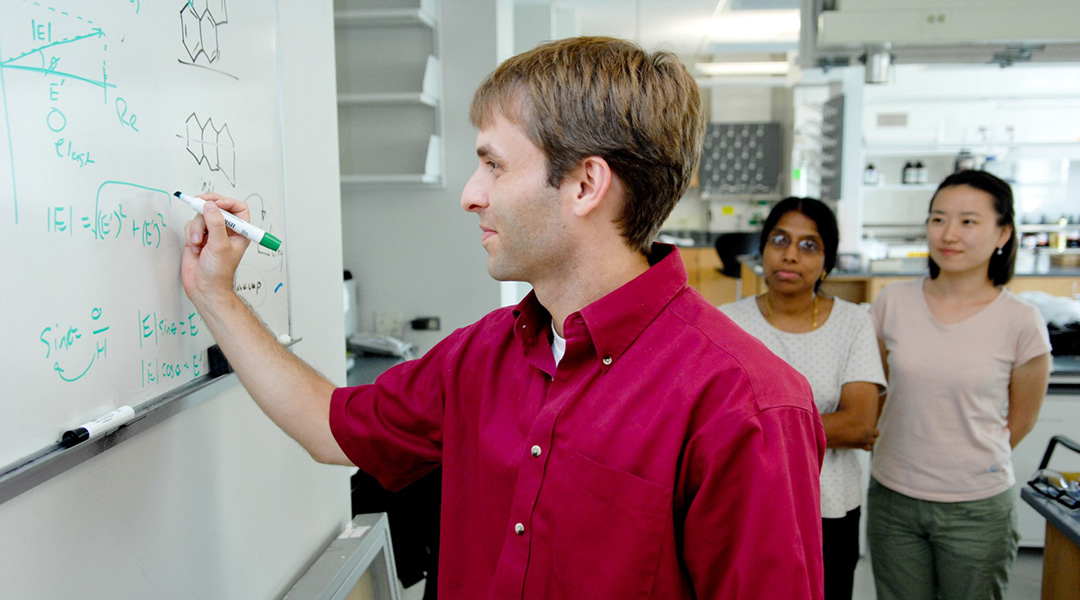

The chemical and biomolecular engineer delves into the versatile applications, surprising properties, and future possibilities of liquid metals.

According to researchers, crop yields could suffer considerably in the face of a sudden catastrophe, but we can prepare.
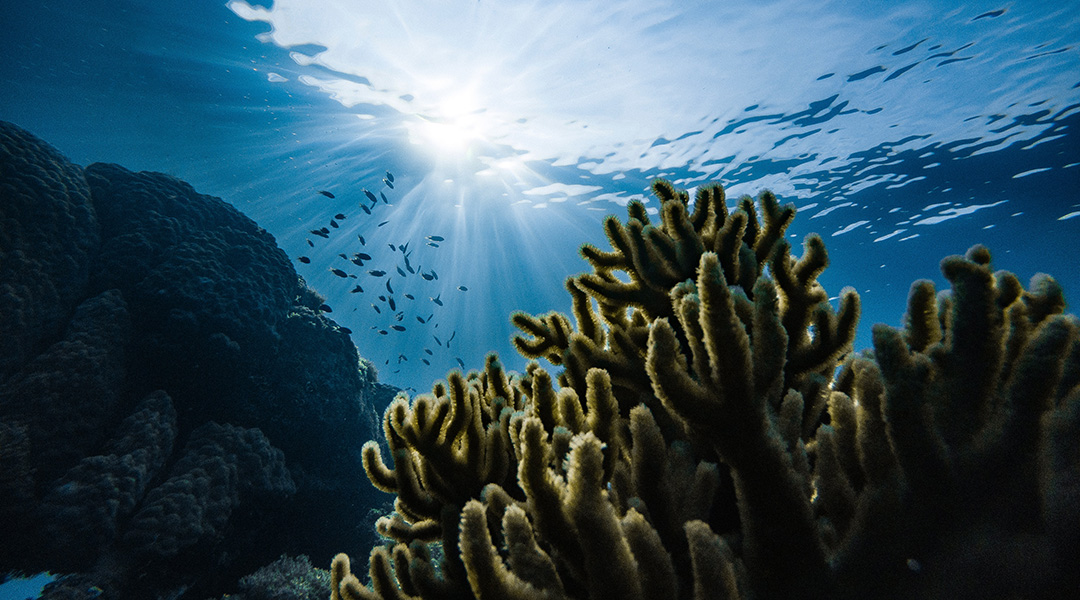
Innovative cryopreservation technique revives adult corals, safeguarding their genetic material to seed future populations.

Scientists pioneer mixed-valence molecules in quantum-dot automata for faster, room-temperature operation, overcoming transistor limits.
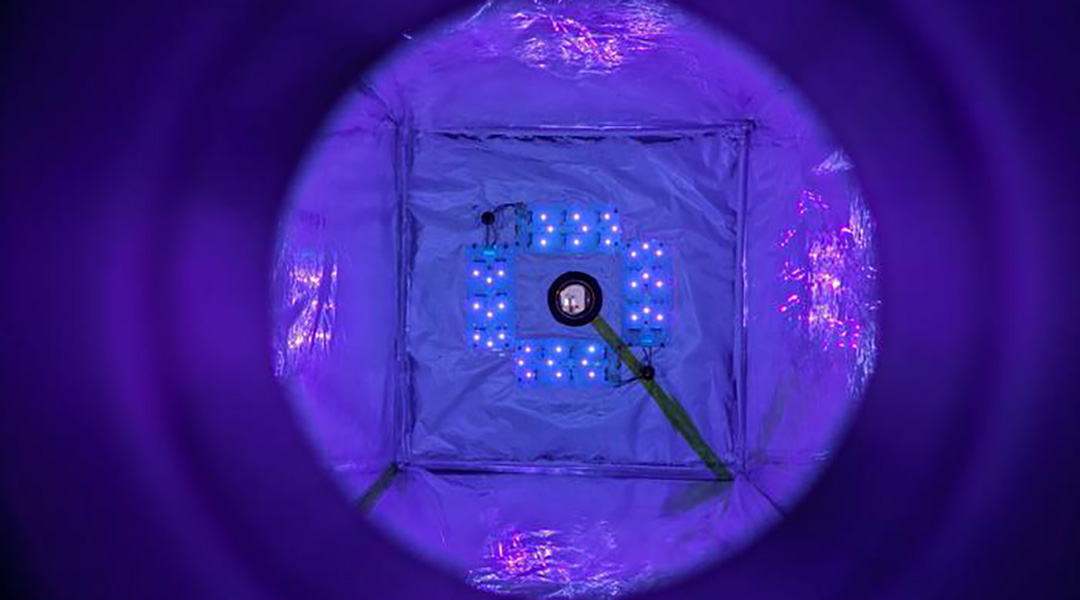
The new device pulls methane out of the air and could help tackle emissions from low-concentration sources, like livestock farms.

The generator harnesses energy from water and is built with a fiberform material derived from the straps of disposable medical masks.

The ongoing debate at COP28 over the phase out of fossil fuels is impeding efforts to address the severe impacts of climate change.
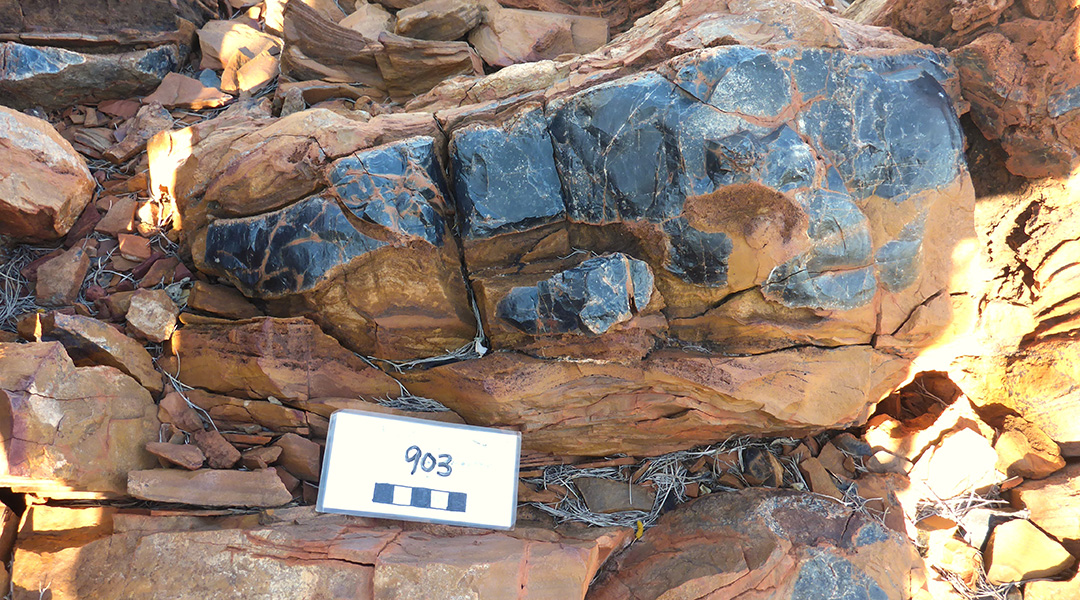
Scientists have unearthed a well-preserved microscopic fossil in Western Australia, challenging timelines and hinting at early eukaryotic life after the Great Oxidation Event 2.4 billion years ago.
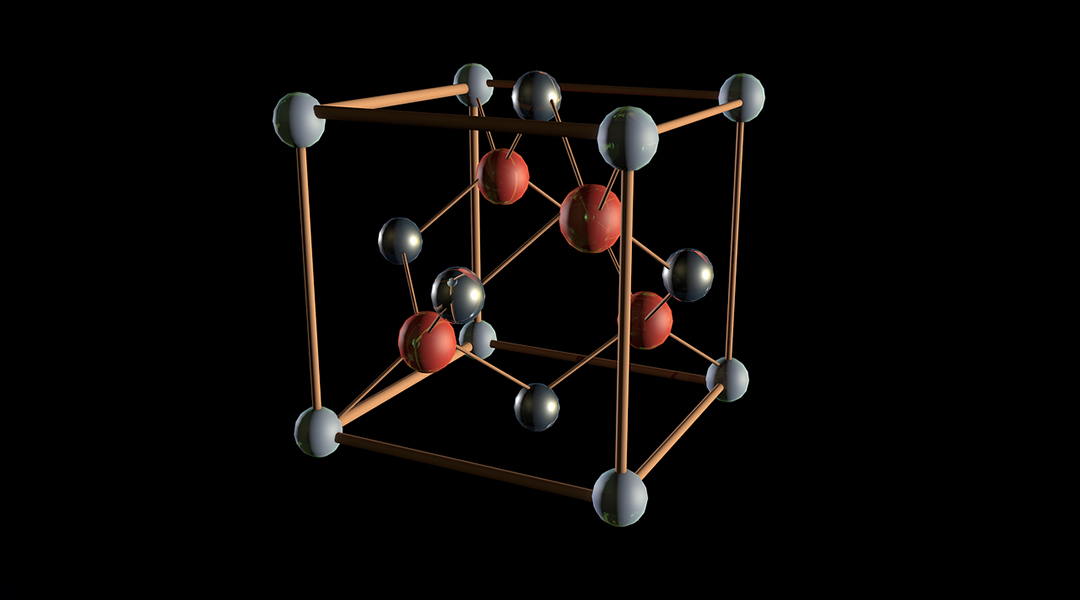
A newly discovered material and its intriguing properties could pave the way for more efficient computing.
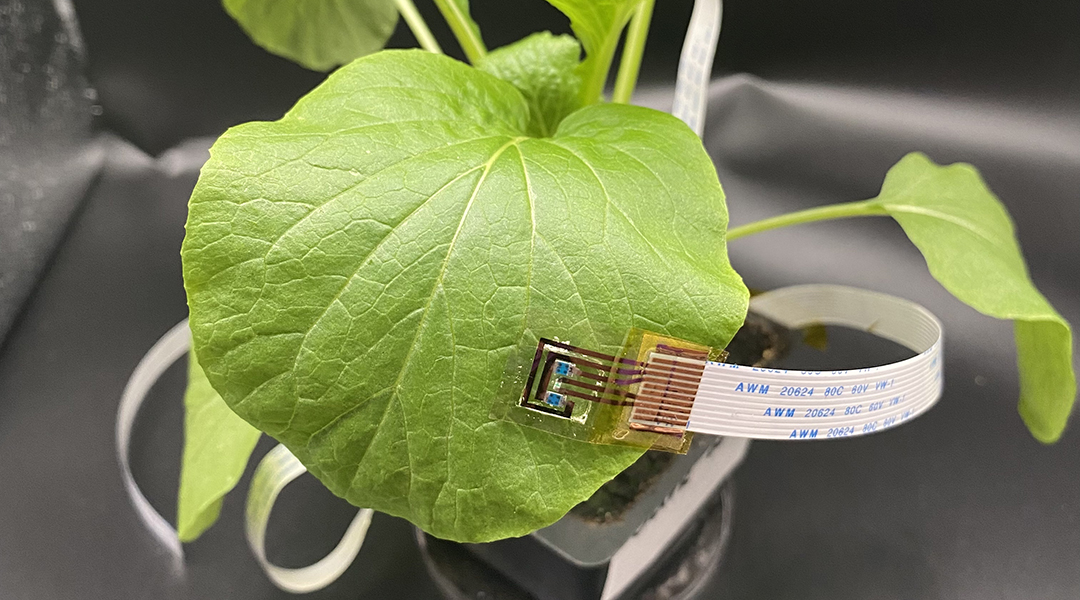
The sensor could improve crop yield by detecting changes in plant chlorophyll levels earlier and more precisely than existing methods.